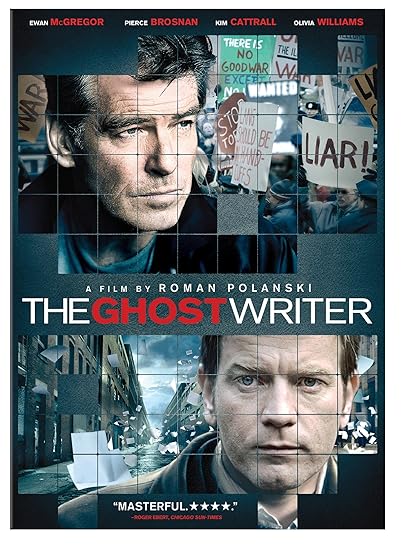The Panama Papers
Bastian Obermayer and
Frederik Obermaier
I
really wanted to like this book. Unfortunately, for me it simply
raised many more questions than it answered. Ostensibly, the book is
an attempt to let readers know how the authors, journalists at
Süddeutsche
Zeitung, a
major newspaper based in Munich, Germany
came
to be in the possession of 2.6 terabytes of data from a Panamanian
law firm Mossack and Fonseca. This law firm is accused of setting up
shell companies for well known politicians, wealthy individuals and,
in some cases, known criminals. While the author points out that it
is not illegal to own a shell company, the case made in this book is
that Mossack and Fonseca did not follow established practices of due
diligence in order to weed out risky clients. It appears from the
data presented in the book that Mossack and Fonseca cared very little
about the process of due diligence and they were not concerned
whether their clients were high risk individuals or what their
motives were for creating shell companies.
One of the first things that
disturbed me about this book is the fact that the journalists were
associated with an organization entitled International Consortium
for Investigative Journalists, based in Washington, D.C.. One of
the main financial contributors to this organization is the
billionaire George Soros, himself no stranger to controversy. But
nowhere in this book are we assured that Mr. Soros is not also a
beneficiary of such legal constructs. Something which I would have
expected. The source of the data leak is simply referred to as John
Doe. The fact that I have no idea who the source is or was, makes me
very weary about receiving all this information and taking it at face
value. Throughout the book, I was wondering who this person could be
and what his motives were.
Finally, at the end of the book
John Doe provides some answers to these questions. He tells the
reader that he is not working for any government or intelligence
service or as a contractor for either. Yet, I wonder throughout the
book why there are so few American individuals and corporations
mentioned. John Doe further informs the reader that although he feels
something should be done to stop people using shell companies to
evade taxes and to stop law firms like Mossack and Fonseca from
providing cover for these people, he is too afraid to reveal his
identity, for fear that it might ruin his life. Somehow the fact that
he wanted to have his cake and eat it too, just annoyed me. It seems
alright for him to pass judgment on all the people he exposes but
neither they nor the reader of this book can do so regarding him and
his use of, what is after all, stolen data.
Also, I have a problem with the
fact that both John Doe and the authors who interpret the data
condemn the actions of wealthy individuals and politicians for using
the services like those provided by Mossack Fonseca but they
themselves have no problem stealing the data and then using it to
create a book that can be published and sold to the public, thereby
generating revenue for themselves and others.
On a more mundane level, I found
the book somewhat repetitious as it kept coming back to the same
individuals and companies over and over. For those who follow
international news regularly there seems little of note to be found
in this book.
Thanks to Library Thing and One
World Publications for allowing me to read this book in exchange for
an honest review.














































